Navigating the Landscape: Understanding and Mastering Map Math Practice Tests
Related Articles: Navigating the Landscape: Understanding and Mastering Map Math Practice Tests
Introduction
With enthusiasm, let’s navigate through the intriguing topic related to Navigating the Landscape: Understanding and Mastering Map Math Practice Tests. Let’s weave interesting information and offer fresh perspectives to the readers.
Table of Content
Navigating the Landscape: Understanding and Mastering Map Math Practice Tests

Map math, a vital component of geography, cartography, and navigation, involves applying mathematical principles to interpret and utilize maps effectively. This skill set is crucial for various professions, including surveyors, pilots, military personnel, and even everyday individuals navigating unfamiliar terrains. Proficiency in map math enables individuals to accurately measure distances, calculate areas, determine bearings, and understand spatial relationships, ultimately enhancing their ability to navigate and make informed decisions.
The Importance of Map Math Practice Tests:
Practice tests play a pivotal role in solidifying map math skills and gauging one’s understanding of the subject matter. They provide a structured and standardized method for evaluating proficiency, identifying areas requiring further attention, and building confidence in applying map math concepts in real-world scenarios. These tests are particularly beneficial for:
- Students: Practice tests serve as an effective tool for reinforcing classroom learning, preparing for exams, and identifying knowledge gaps. They allow students to familiarize themselves with the format and types of questions they may encounter in assessments.
- Professionals: Professionals working in fields requiring map math skills, such as surveying, navigation, or cartography, can utilize practice tests to maintain their competency, assess their progress, and identify areas for improvement.
- Individuals: Anyone seeking to enhance their map reading and navigation skills can benefit from practice tests. They offer a structured approach to learning and provide valuable insights into one’s strengths and weaknesses.
Types of Map Math Practice Tests:
Map math practice tests encompass a diverse range of question types, covering various aspects of map interpretation and application. Some common types include:
- Distance and Scale: Tests may involve calculating distances between two points on a map, determining the scale of a map, or converting map distances to real-world distances.
- Area Calculation: Questions may focus on calculating the area of a specific region on a map, using different methods like grid squares or formulas.
- Bearing and Direction: Practice tests may involve determining the bearing or direction between two points on a map, converting compass bearings to degrees, or calculating the angle between two lines.
- Map Projections and Transformations: Tests may assess understanding of different map projections, their characteristics, and the process of transforming coordinates between projections.
- Navigation and Route Planning: Practice tests may involve planning routes, calculating travel times, and determining the shortest or most efficient path between two points.
Benefits of Using Map Math Practice Tests:
- Enhanced Understanding: Practice tests provide a structured approach to learning and help reinforce fundamental concepts, leading to a deeper understanding of map math principles.
- Improved Problem-Solving Skills: By working through various practice problems, individuals develop their ability to analyze map data, apply appropriate formulas, and solve real-world navigation challenges.
- Increased Confidence: Regular practice builds confidence in applying map math skills in different situations, enabling individuals to navigate effectively and make informed decisions.
- Identification of Knowledge Gaps: Practice tests highlight areas where further study or clarification is needed, allowing individuals to focus their learning efforts effectively.
- Preparation for Assessments: Practice tests simulate real-world assessments, helping individuals familiarize themselves with the format, question types, and time constraints, leading to better performance in exams.
FAQs about Map Math Practice Tests:
Q: What resources are available for finding map math practice tests?
A: Numerous online platforms, textbooks, and educational institutions offer map math practice tests. Some popular resources include:
- Online Learning Platforms: Websites like Khan Academy, Coursera, and edX offer free and paid courses with practice tests and quizzes.
- Textbooks and Workbooks: Many geography, cartography, and navigation textbooks include practice problems and sample tests.
- Educational Institutions: Schools, colleges, and universities often provide practice tests as part of their curriculum or as supplementary resources.
- Professional Organizations: Organizations like the American Society of Civil Engineers (ASCE) and the National Geospatial-Intelligence Agency (NGA) may offer practice tests specifically tailored to their respective fields.
Q: How often should I take map math practice tests?
A: The frequency of taking practice tests depends on individual needs and learning styles. However, a general guideline is to take practice tests regularly, such as once a week or even daily, to reinforce learning and track progress.
Q: What are some tips for effectively using map math practice tests?
A:
- Start with the Basics: Begin by focusing on fundamental concepts like distance, scale, and bearing before moving on to more complex topics.
- Work through Practice Problems: Actively engage with practice problems, applying formulas and techniques learned in class or from other resources.
- Review Mistakes: Analyze incorrect answers and identify the underlying reasons for errors. This helps to clarify misconceptions and improve understanding.
- Seek Feedback: If possible, ask instructors or tutors to review practice test results and provide feedback on areas for improvement.
- Simulate Test Conditions: Practice under timed conditions to prepare for real-world assessments and develop time management skills.
Conclusion:
Map math practice tests are an invaluable tool for enhancing understanding, building proficiency, and gaining confidence in applying map math skills. By engaging in regular practice, individuals can effectively navigate the landscape of map interpretation and application, leading to improved decision-making and problem-solving abilities in various contexts. Whether for academic pursuits, professional development, or personal enrichment, map math practice tests provide a structured and effective approach to mastering this essential skill set.
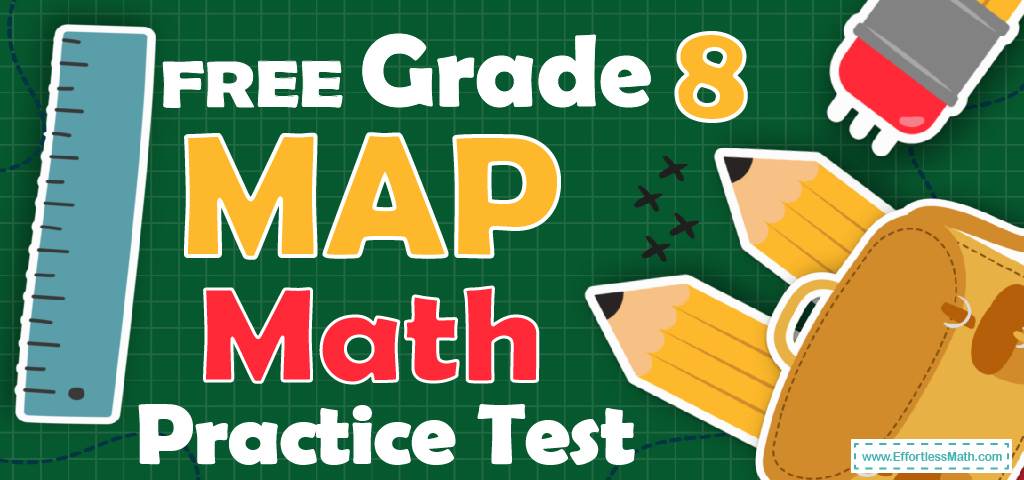
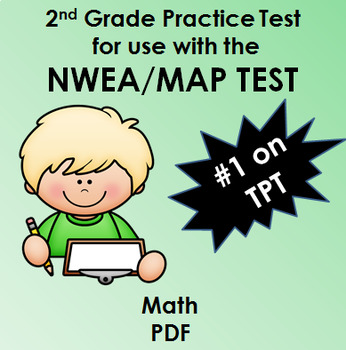

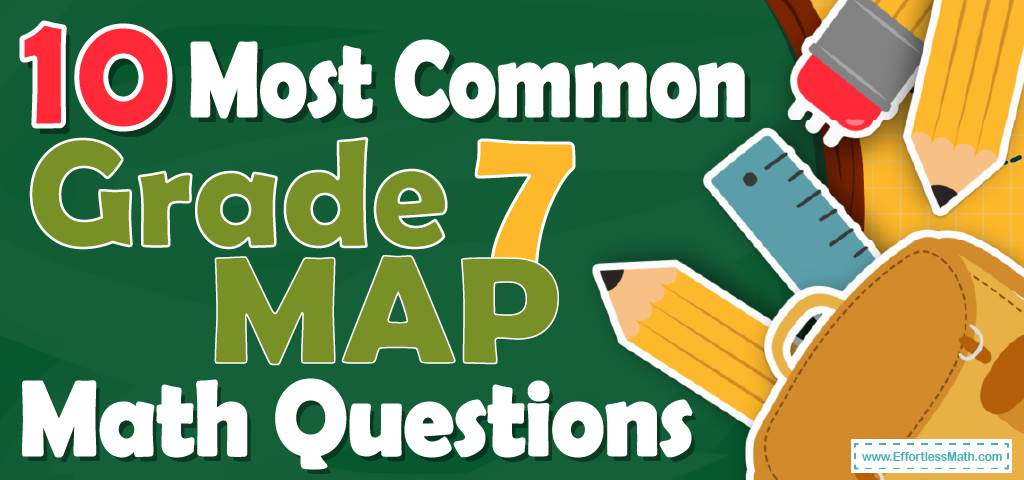

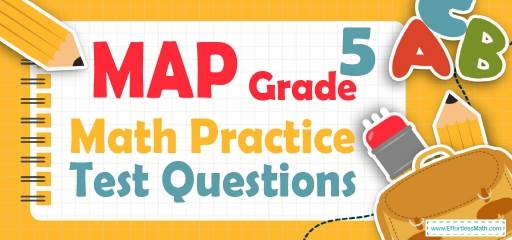

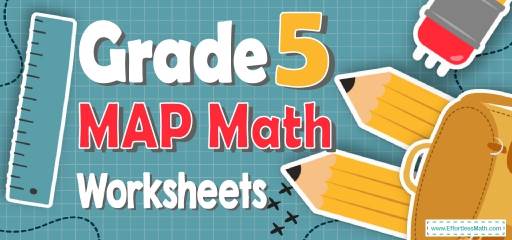
Closure
Thus, we hope this article has provided valuable insights into Navigating the Landscape: Understanding and Mastering Map Math Practice Tests. We appreciate your attention to our article. See you in our next article!